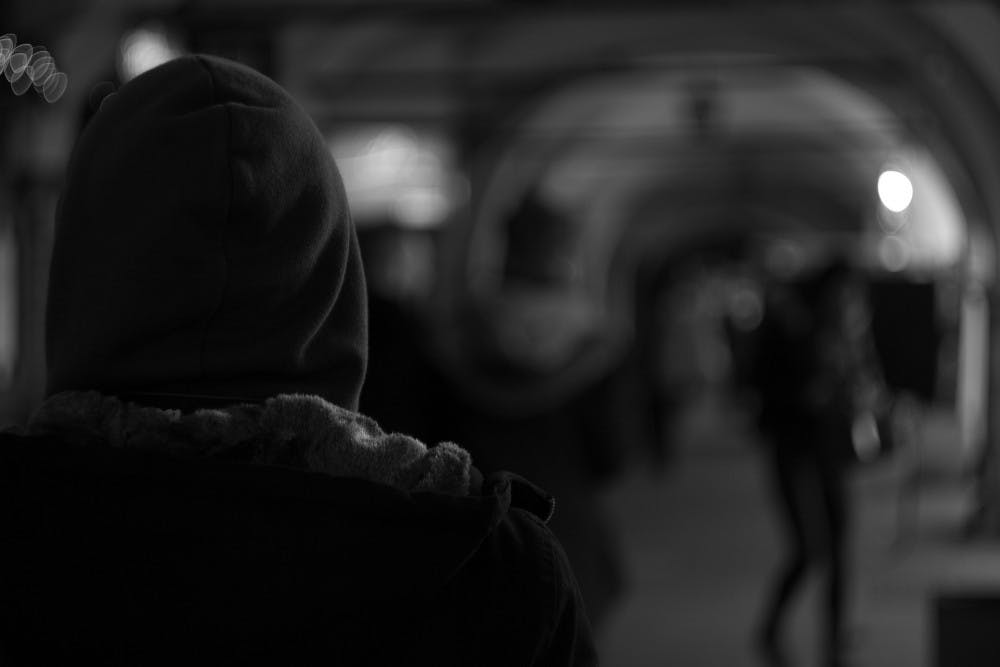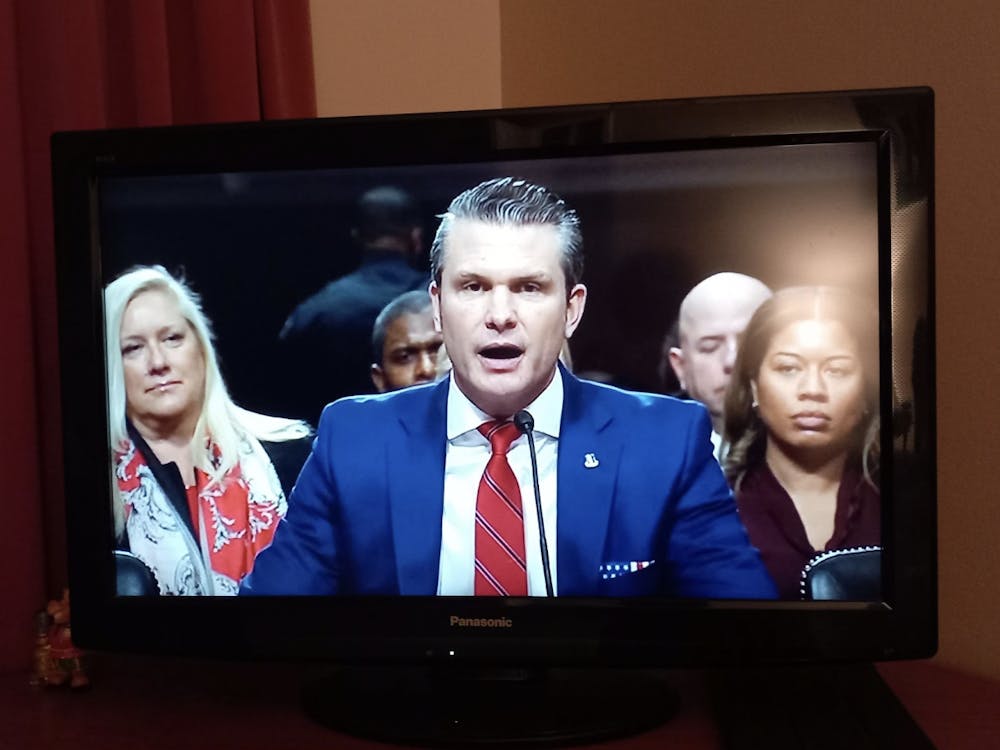It was the start of the year, and each time I met with an old friend or acquaintance, I was met with the customary, obligatory greeting of all students: “How was your summer?”
Each time, I had a decision to make. I could tell the truth. I could tell them about the diagnosis, the confusion, the psychiatrist appointments, the various meds that made me cripplingly sick and cripplingly depressed in turns, the embarrassing reality of being too unwell to work. Instead, I said, “Great! How about yours?”
Here at Princeton, we have a culture of stress. In fact, “stressed” is such a typical response to “How are you?” that we don’t bat an eye. But there’s a disparity in the type of stress that is deemed acceptable. Academic stress can be talked about aloud. Mental health, not so much.
By the time I was diagnosed with bipolar disorder this summer, it was a relief, reassurance that there was a reason why my emotions were more turbulent than the Gulf after a hurricane, why I seemed to feel everything so intensely and erratically. There was, if not a method to my madness, a reason behind it.
That summer was just the latest chapter in a long, difficult journey that spanned my entire Princeton experience. Just a few months earlier, I had experienced a disaster with psychiatry meds that brought on a manic episode so extreme that it tipped into psychosis. For days, I went around campus feeling paranoid that everyone I walked past was involved in some elaborate conspiracy to institutionalize me.
Every whisper became menacing; every friendly face, a trap. I found myself questioning whether I even really existed, or if I was a fictional character in a novel someone had thought up and just didn’t know it. I was so terrified I ended that week under my bed, knees to my chest, rocking back and forth and whispering “it’s not real, it’s not real, it’s not real” in a vain attempt to reassure myself. I called my parents rambling, and they took me home for the better part of a week to get the drugs out of my system. However, even when I got back, I wasn’t the same. My brain was stuck in molasses, taking an absurd amount of time to process even the easiest questions in class. A three-page paper took over a week to piece together. Meanwhile, finals period had started, and while the folks at my eating club were complaining about their exams and presentations, I had dozens of pages worth of papers to write and the mental capacity of a potato. The worst part was the inability to acknowledge any of this, to act like I was stressed for the same reasons everyone else was.
Mental illness is inherently isolating, but even more so when it forces you to live a lie. To protect yourself, it’s necessary to wear a facade, and it’s that facade that everyone comes to believe is the true you. The result: I’m left with very few people who actually know me. My friends think I’m irresponsible. That I skip classes on the regular because I don’t care about my education, when in reality it’s often because I was too depressed to move or having a mixed episode — an uncomfortable state of agitation where one experiences some symptoms of both mania and depression — and couldn’t be around people. They think I don’t read for class because I’m lazy, when in reality, my disorder makes it hard to concentrate. They think I bail because I’m flaky, not because I’m experiencing the intense negative side effects of whatever new medication I’m on. What disgusts me the most is that even though I hate these false assumptions, I find myself leaning into them, playing the part to protect myself from their reactions if they ever found out the truth.
As a campus, we’re getting marginally better at recognizing and destigmatizing depression and anxiety. But we still have a lot of work to do — especially when it comes to the rest of the mental health spectrum. Most do not have a full understanding of what bipolar disorder is. The average person doesn’t even know what it entails, assuming it’s when you go back and forth between happy and sad like a seesaw, uneducated on its complicated reality.
If the byline under the title had my name, those who know me would be shocked. I’m friendly and sociable, I go out, I’m in an eating club and involved in multiple groups on campus. I haven’t let my mental health stop me from living just yet. But I could breathe so much easier if I didn’t have to carry the weight of maintaining this mask. If every time someone mentioned a personal struggle, it wasn’t met with uncomfortable silence or an immediate change of subject. This reluctance to talk about mental health is compounded when you’re a person of color, as I am. Marginalized communities often see admitting psychological struggles as a sign of weakness, something to be ignored or hidden, making it even more difficult to “come out” with mental health issues.
Fifteen percent of people with bipolar disorder die by suicide. Fifty percent attempt it. Depression already makes one feel alone, and needing to hide to protect one’s reputation and standing adds another level of alienation. The crippling fear of being treated like a freak, a “crazy” person, is enough to push someone into isolation. If we could only work together to make campus more open and inclusive of the entire mental health spectrum, we might just save lives.
Editor’s note: Due to the sensitive nature of this piece, the author has been granted anonymity.










